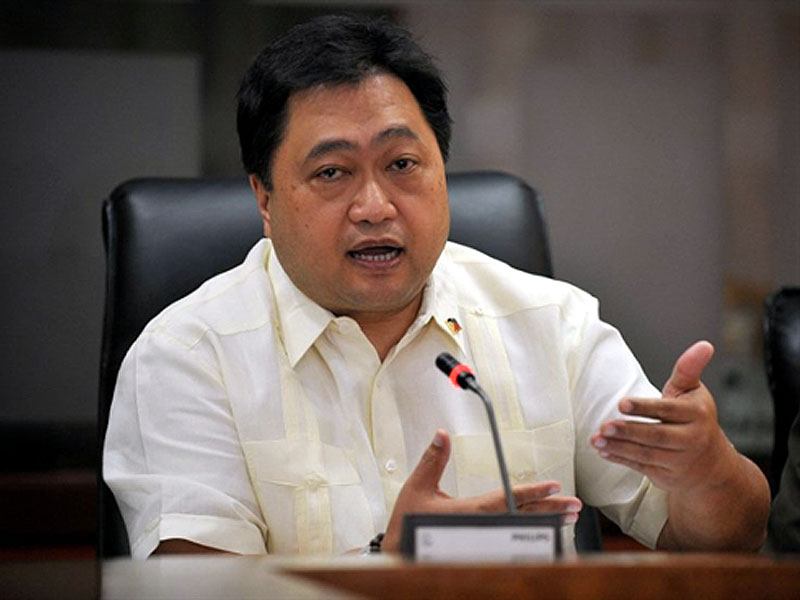PH finance chief hits Chinese yuan devaluation
The Philippines’ finance chief, Secretary Cesar V. Purisima, on Sunday hit China’s recent move to devalue its tightly controlled currency, which dragged regional currencies weaker.
In a statement, the Department of Finance (DOF) noted that the largest devaluation of the Chinese yuan in 20 years resulted into “turbulence” across Asian currency markets. The Philippine peso, for one, dipped to five-year lows against the US dollar during these past two weeks following the yuan devaluation, alongside other currencies in the region.
While the Philippines’ “strong macroeconomic fundamentals and sound economic stewardship” would allow the domestic economy to “navigate the current volatilities and anchor it in safe harbors,” Purisima warned against “using exchange rate to shore up weak growth.”
China devalued the yuan to boost its flagging exports amid weak global demand. A weaker currency stands to benefit China’s export sector, as products become cheaper alongside a weaker yuan.
For Purisima, “[w]e must be mindful of the trade-offs involved in using the exchange rate as a trade tool to boost competitiveness,” pointing out that such would bring “unintended consequences.”
“For one, it may trigger competitive devaluations across the region as other currencies adopt similarly interventionist measures to reprice their currencies,” Purisima noted.
Also, “[a]s currencies weaken, debt service requirements increase and imports become more expensive,” the finance chief said.
“The DOF has consistently called for macroprudential measures to protect financial stability. It warned that gains from devaluation would eventually be weighed against costs as investors may view the weakening yuan as one-way bet and stoke fears of capital flight, resulting in further weakening of the currency,” he added.
Purisima nonetheless said that China’s recovery “will be beneficial for Asia, including the Philippines.”
“China ranked third among the Philippines’ top destinations of exports with revenues amounting to $3.07 billion for the period of January to June 2015. Chinese economic recovery is expected to improve export performance after exports to China suffered a 31.8 percent decline over the comparable level in 2014. Higher growth prospects in China will contribute to our virtuous cycle as China provides a lift to the economy towards sustained and higher growth,” Purisima said.
But as regional currencies take a hit from the yuan devaluation, the Philippine government will adopt “continued vigilance and pre-emptive actions… to ensure sustained economic stability,” the Finance chief said.
“We continue to be proactive as virtuous cycles quickly spiraling into vicious cycles are the last thing we want to see happen. We continue to advocate for market-determined exchange rates and curbed excess volatility,” he said.
RELATED STORIES
Asian shares mixed as dealers mull yuan devaluation
S&P praises Chinese yuan devaluation
